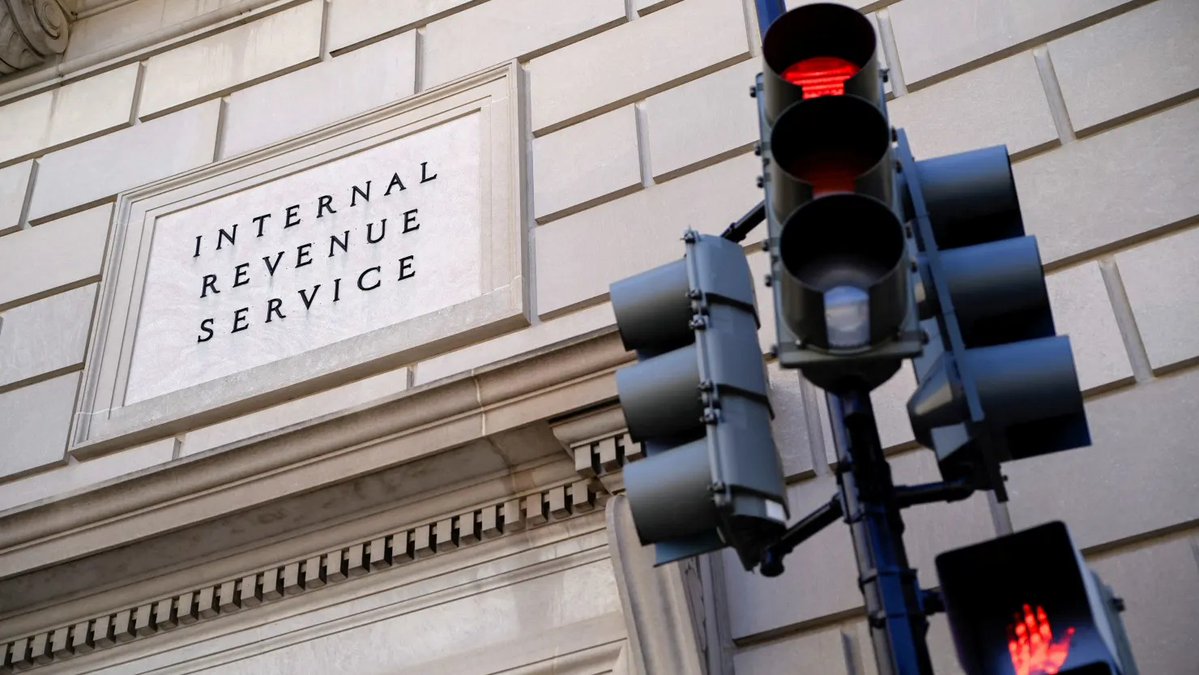For more than a decade, crypto investors enjoyed something close to a digital tax haven—complex, anonymous, and largely unpoliced. That era has officially ended.
The IRS has launched one of the most aggressive reporting crackdowns in the history of U.S. taxation, and it begins with the 2025 filing year. The Treasury Department is explicitly targeting what it calls “tax cheats,” and the agency believes it has finally found the enforcement weapon it needs: Form 1099-DA.
This new form must be filed by crypto “brokers”—a term now expanded far beyond traditional exchanges. Under the new rules, platforms that facilitate digital asset sales or transfers will be required to report user activity directly to the IRS. The list may include:
- Centralized crypto exchanges
- Crypto payment processors
- Some self-custody wallets
- NFT marketplaces
- Liquidity platforms
- And, depending on interpretation, even DeFi protocols
If a platform can match identities with transactions, it may fall under the rule.
The End of the Biggest Loophole in Crypto
For years, the IRS has been frustrated by the near-total absence of standardized reporting in the digital asset space. Traditional brokers report trading activity through Form 1099-B, but crypto investors have relied on fragmented records—or none at all.
The Treasury estimates billions in lost tax revenue each year due to unreported or underreported crypto gains. The new system is designed to end that.
Form 1099-DA will report:
- Gross proceeds
- Cost basis
- Gains & losses
- Wash trades
- Transfers between wallets
- Customer identity information
No more hiding behind “blockchain anonymity.” The IRS wants a paper trail, and now it will have one—automatically.
Token Swaps, Staking Rewards, and NFT Mints Are Not Safe
The new rules go far beyond simple buy-and-sell trades.
The IRS is preparing to treat many crypto activities as taxable events, including:
- Token swaps
- Token conversions
- Staking rewards
- Yield farming
- Airdrops
- NFT mints and sales
- Peer-to-peer transactions
- Cross-chain transfers
If value changed hands, even algorithmically, the IRS wants its share.
And if you’re using offshore exchanges as a shield? The IRS has information-sharing agreements with more than 100 countries. The new reporting regime aims to plug every remaining gap.
2025: The Year Crypto Enters the Tax Surveillance State
Crypto’s “no reporting, no problem” era has ended. The IRS has moved the industry from a grey zone to a fully monitored sector—similar to equities, commodities, and foreign exchange.
The message is unmistakable:
If you made money in crypto in 2025, Uncle Sam wants a cut—
and now he’s got the paperwork to prove it.
Offshore Perspective: What This Means for Investors
For offshore investors, this does not mean the end of strategic planning—it means the end of complacency.
Digital asset taxation will now follow the same regulatory evolution as Swiss banking did in the early 2000s: transparency first, compliance second, and innovation third. Investors will need to structure holdings more intelligently, diversify jurisdictions, and take full advantage of lawful offshore strategies that still exist.
Crypto may no longer be a tax haven.
But offshore finance remains a powerful tool, especially for global investors who understand how to structure cross-border assets properly.

Leave a Reply